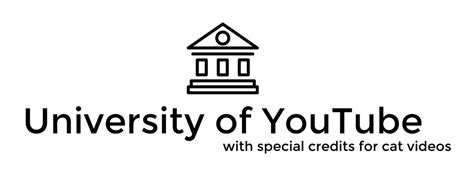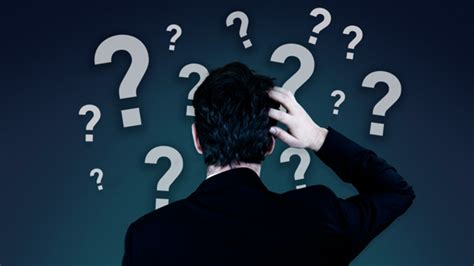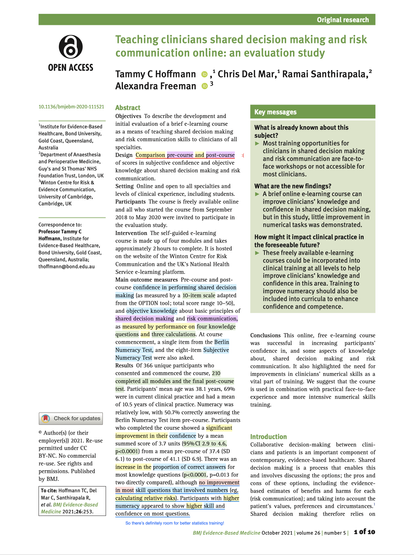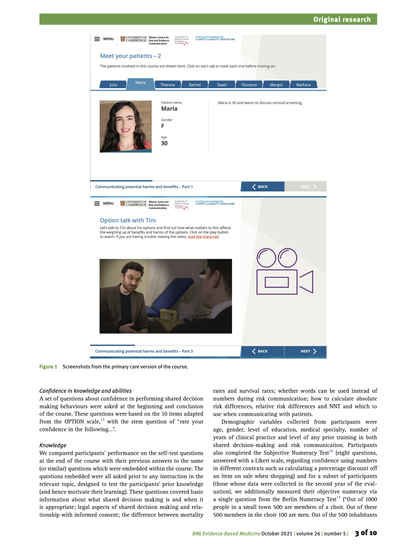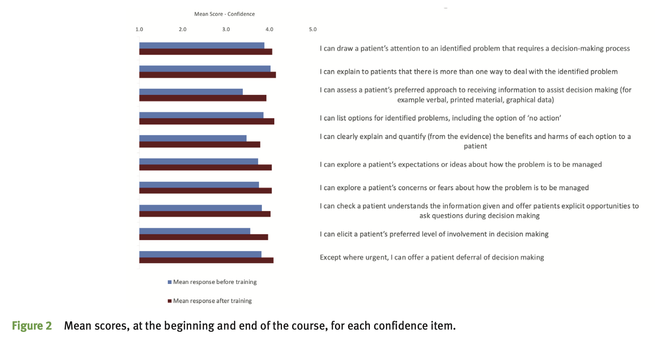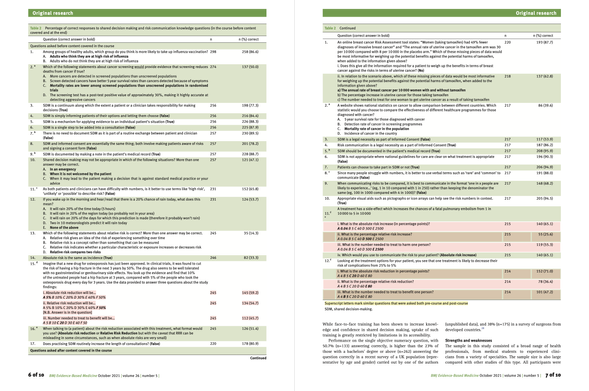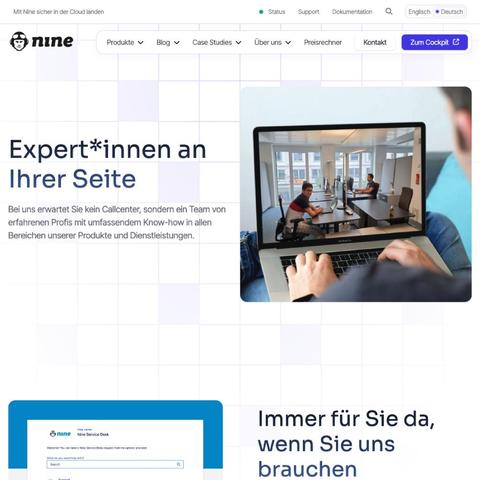University of YouTube is NOT an education!
Source: digitaltechnologies.educationIn today’s America there are an overabundance of people who think spending hours on YouTube, Google, or some other website makes them an instant expert on a wide range of topics. As a result, they will argue infinitum on minuscule points with those they disagree with on Facebook and other social platforms, citing evidence from sources they found online.
Well…that is not an education, nor is it expertise. Instead the old phrase, “I know just enough to be dangerous;” is probably the best description.
No matter how much time one spends on the internet looking up a topic, they are missing key elements of an eduction and of expertise.
- Has the work been peer reviewed?
- Has it been reviewed by anyone…like a teacher, professor, or boss?
- Has the person seriously considered alternatives or counter opinions?
- Are they confusing “opinion” or “feeling” with knowledge?
- Is the research either flawed or biased in some manner; or
- Did the person quit learning the moment when they found a source that supported their argument?
“…science is a process, not a conclusion. Science subjects itself to constant testing by a set of careful rules under which theories can only be displaced by better theories.”
Thomas M. Nichols – “The Death of Expertise: The Campaign Against Established Knowledge and Why It Matters“
Perhaps, it’s one thing for people to argue over some mundane topic. It’s wholly another when “questionable and incomplete research” is being used for making life and death policy decisions, whether it be in law, health care, politics, or a plethora of other topics. Do we really want any of these important decisions based on someone’s feelings, opinion, or gut instinct?
Source: mentalfloss.comIn his 2017 book, The Death of Expertise: The Campaign Against Established Knowledge and Why It Matters, author Thomas M. Nichols notes the following points:
“Americans have reached a point where ignorance, especially of anything related to public policy, is an actual virtue. To reject the advice of experts is to assert autonomy, a way for Americans to insulate their increasingly fragile egos from ever being told they’re wrong about anything.”
——-
“More important and more relevant to the death of expertise, however, is that conspiracy theories are deeply attractive to people who have a hard time making sense of a complicated world and who have no patience for less dramatic explanations. Such theories also appeal to a strong streak of narcissism: there are people who would choose to believe in complicated nonsense rather than accept that their own circumstances are incomprehensible, the result of issues beyond their intellectual capacity to understand, or even their own fault.”
——-
“Anti-intellectualism is itself a means of short-circuiting democracy, because a stable democracy in any culture relies on the public actually understanding the implications of its own choices.”
——-
“When feelings matter more than rationality or facts, education is a doomed enterprise.”
Back in high school, this author had a friend who no matter what, could not be convinced they were incorrect on any factoid we disagreed on, even when they were shown the correct answer in the World Almanac. It was annoying as hell.
Today, such attitudes appear to have gone mainstream, making many discussions, even within extended families, rife with unneeded stress and tension. Hardly a situation for healthy debate or increased understanding. Throw in online stalking, name-calling, road rage, and a variety of other 21st century risks, and one has to wonder whatever happened to old fashioned civility and simple good-hearted kindness?
Is it any wonder that cases of previously defeated diseases are popping up again? Is it any wonder that so many people vote against they own best interest? Is it any wonder that so many Americans believe the United States sits at the top of most global comparisons on standard of living, health care, transportation, life expectancy, and happiness, when in reality we often aren’t even close?
Requiring civics classes throughout middle and high school might be one way to counteract some of these problems. Reinstating the Fairness Doctrine in the media would improve news reporting so that it is more even-handed and balanced (and not just as an advertising slogan). Requiring an overseas trip as part of our education, trade schooling, job training, or military service would also help improve understanding of the greater world beyond our borders. Sure, there are problem areas out there, but there are also a lot of places around the globe that are far outpacing the United States in achievements.
In the end, it takes each an every one of us (me included) to just accept the fact that we do not know everything and never will. Life is and always will be a learning process. And sometimes, others are more knowledgeable about certain topics than we can ever hope to be. And guess what? There is absolutely nothing wrong with that.
Peace!
#books #college #education #expertise #Google #history #internet #learning #opinion #research #socialMedia #travel #UniversityOfYouTube #YouTube
